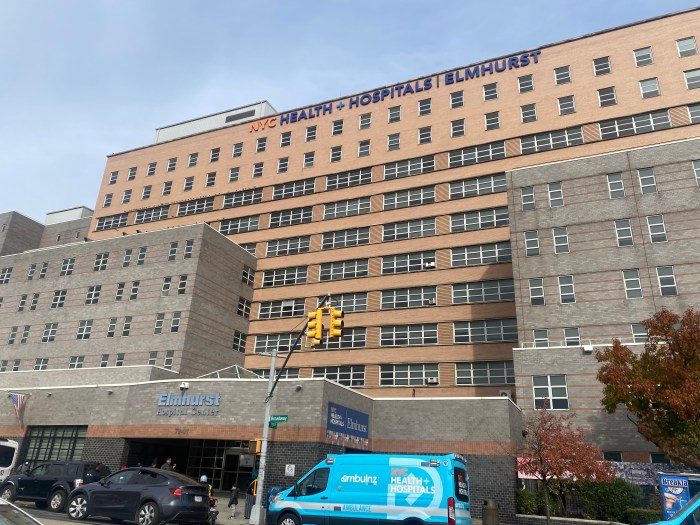Navigating the Medicaid home care process can be overwhelming and time consuming. Many people have care in place for which they continue to privately pay, pending the approval of a Medicaid application. Others who don’t have home care, and cannot wait to obtain care, hire home attendants as soon as they begin the application process. Most seniors do not realize that if they are privately paying for care, they can request reimbursement from Medicaid for the home care expenses paid while the application is being processed. Muhlstein v. N.Y.C. Human Resources Administration is a recently decided case addressing the issue of a daughter’s application for reimbursement for home care services for her father.
In Muhlstein, the father was receiving 24-hour per day home care from August 1, 2003 until his death in 2004. Until Medicaid took over payment, the daughter paid the home attendants in cash and requested reimbursement. As you can imagine, Medicaid agencies require verification of payment in order to reimburse home care expenses. In this case, the daughter submitted checks made payable to “cash” as well as an affidavit signed by one of the three attendants, indicating that she received cash. The New York City Human Resources Administration (HRA) denied reimbursement on the basis that “all checks were made out to cash and endorsed” by the daughter. The daughter filed an appeal to the New York State Department of Health (DOH) administratively through a fair hearing, at which time she provided a second home attendant’s affidavit. In its hearing decision, DOH upheld HRA’s decision of denial for failure to meet the burden of proof despite the submission of the second affidavit.
When a Medicaid applicant/recipient loses a fair hearing the next step is to commence an “Article 78 Proceeding” in Court, which the daughter did. The Court cited prior cases wherein affidavits were signed by home attendants as proof of payment. The Court said that HRA should have considered the signed affidavits in light of DOH’s acceptance of the affidavits in prior similar cases.
The Supreme Court (New York’s lowest court) annulled HRA’s determination with regard to the care provided by two attendants who signed affidavits which were submitted, but not with respect to the care provided by the attendant for which there was no signed affidavit. The Court ordered the case to be remitted to HRA for a calculation of the reimbursement due to the daughter.
The case reflects the difficulty in navigating the Medicaid home care system. Especially in today’s economic environment, it is important to have a knowledgeable elder law attorney advocate on behalf of the senior applying for Medicaid benefits.
Ronald Fatoullah & Associates is highly recognized throughout the New York area for their expertise and outstanding services in the areas of elder law and estate planning. Ronald Fatoullah is proud to have been selected as one of New York Magazine’s “Best Lawyers” for three consecutive years in the fields of elder law, trusts & estates, and he is the legal advisor to this magazine. This article was written with the assistance of Stacy Meshnick, Esq., senior staff attorney and Medicaid supervisor at the firm.
To reach Ronald Fatoullah & Associates please call: 718-261-1700 or 1-877-Elder Law.


































